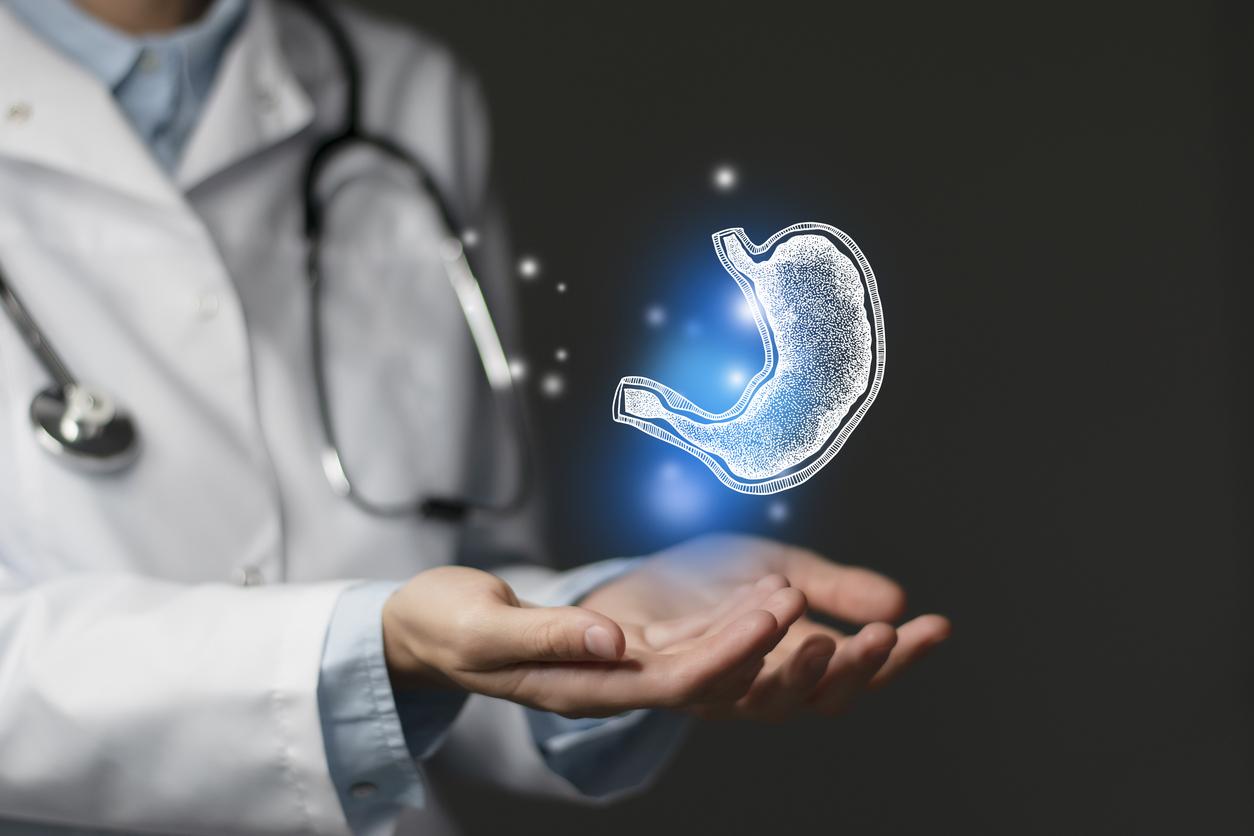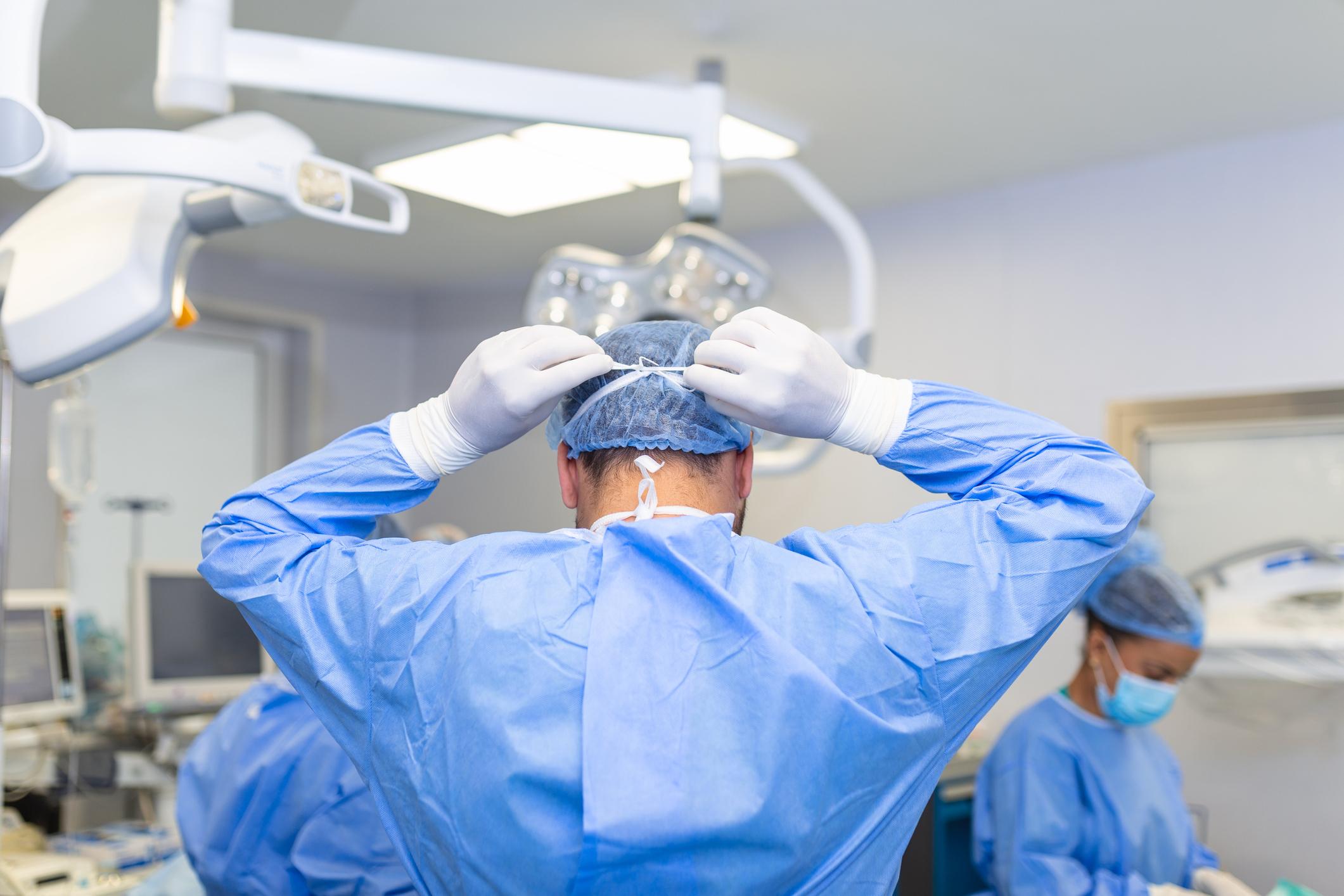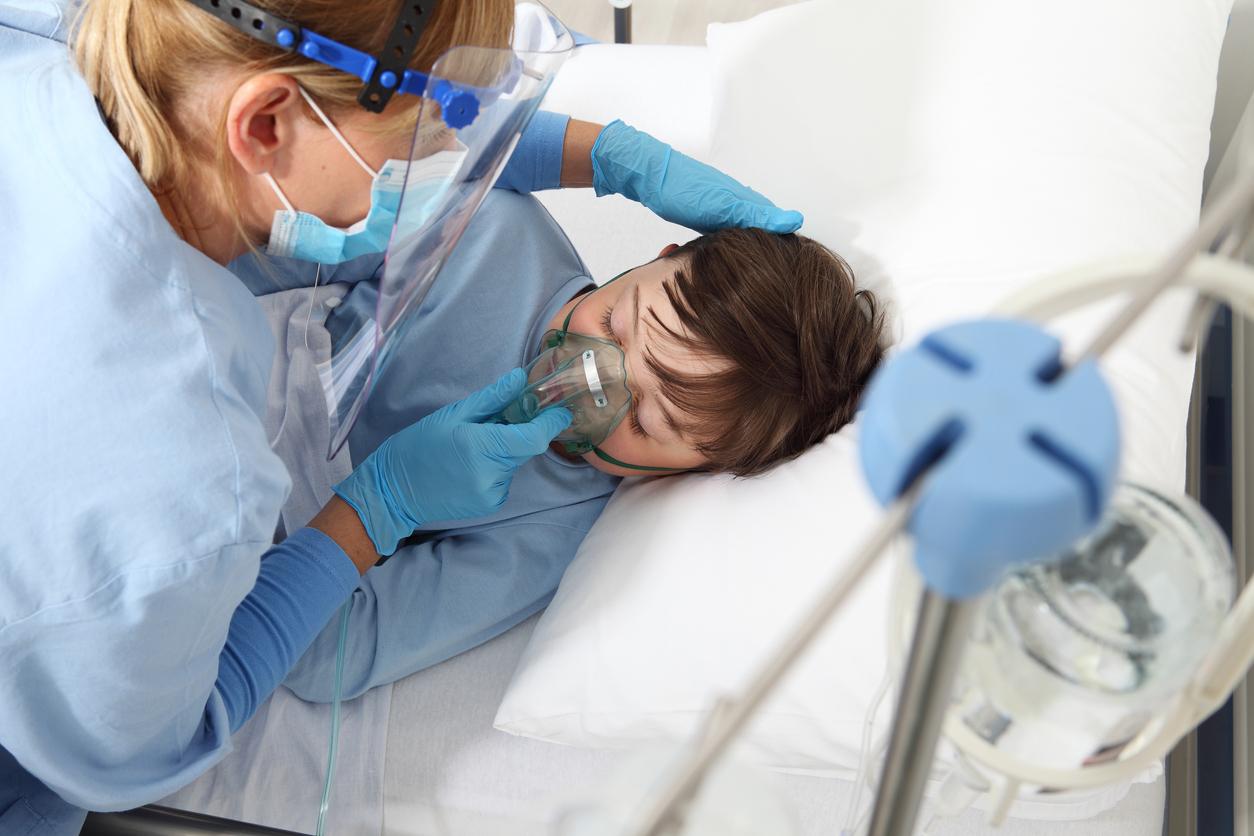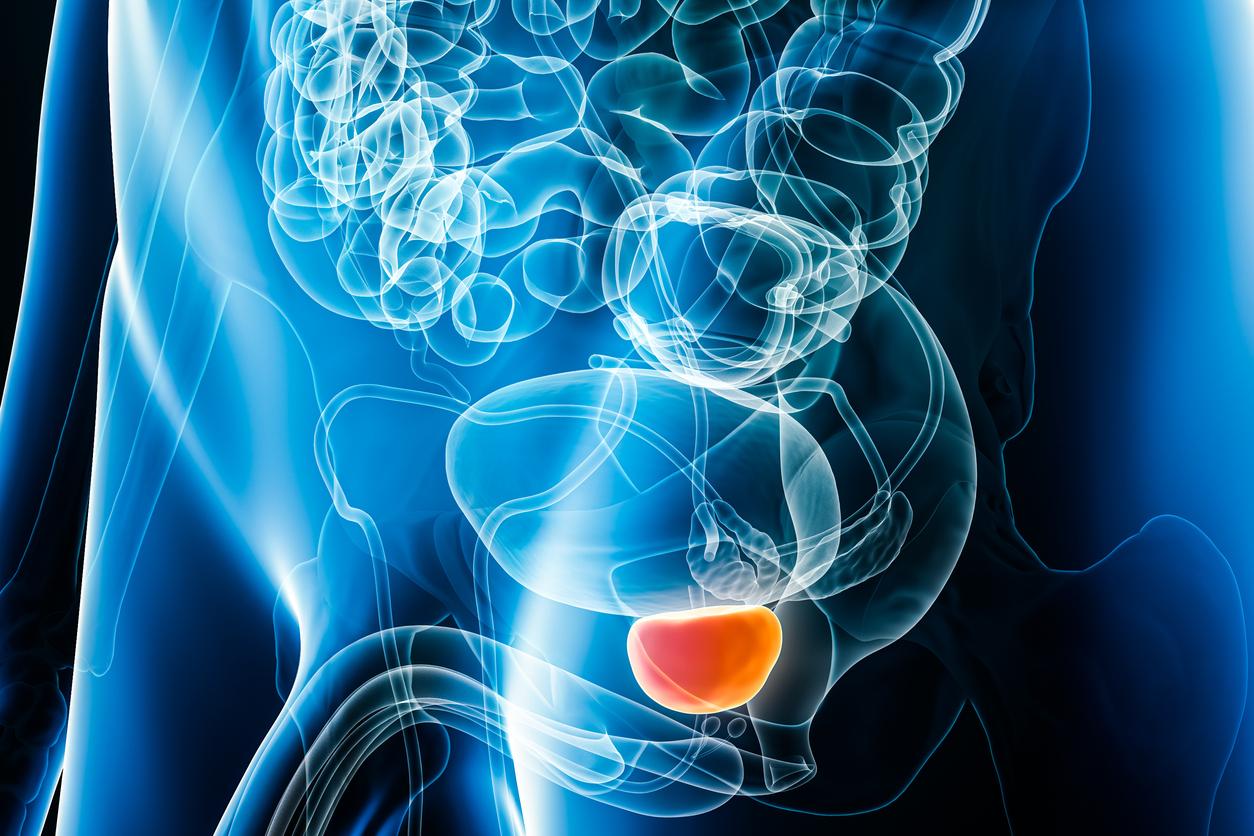Appendicitis is inflammation of the appendix, a small pocket (that looks like a finger) that is in the abdomen, at the junction between the small intestine and the large intestine. This appendix can be the site of an infection then an inflammation (appendicitis) then, in the absence of support, rupture and cause a serious infection of the peritoneum – this is the peritonitis.
Appendicitis: what are the symptoms? Appendicitis is characterized by abdominal pain in the lower right corner of the stomach that does not “pass”, with fever and / or vomiting. This inflammation manifests itself rather after the age of 6 and up to 20-25 years.
Currently, the treatment of appendicitis is mainly surgical: it involves performing an appendectomy, that is, removing the infected appendix. This intervention (which may require hospitalization or take place on an outpatient basis, so without overnight in the hospital) is performed by making an opening in the abdomen or by laparoscopy – a technique that limits the opening of the abdominal cavity.
Appendicitis: antibiotics rather than surgery … but with risks
In 2015, 72,000 hospital stays for appendicitis were recorded in France. Performed frequently, appendectomy however exposes to postoperative complications, the most frequent being scar abscess, intra-abdominal abscess, “reopening” of the appendicular stump and secondary peritonitis.
Good news : According to a recent study published in the New England Journal of Medicine, antibiotic therapy could (in some cases) replace surgery for appendicitis.
Researchers at the David Geffen School of Medicine at UCLA (in the United States) recruited 1,500 patients with appendicitis from 25 American hospitals. These were divided into 2 groups: half benefited from a classic surgical intervention (an appendectomy, therefore), while the other half were treated with antibiotic drugs.
Results ? 70% of patients with appendicitis treated with antibiotics avoided surgery.
Antibiotic drugs, a miracle treatment for appendicitis? Not really, according to the researchers, who noted that 30% of patients in the “antibiotics” group needed surgery during the 90 days following the experiment. In addition, they had a greater risk of developing appendicolitis – that is, calcification in the appendix, associated with an increased risk of complications.
“There are pros and cons for each treatment“conclude the researchers, who note that antibiotic therapy alone may be a treatment option in some cases.
Read also :
Bowel obstruction: the signs that should alert you
Misconception: we operate less for appendicitis
Doctor, I often have nausea


















